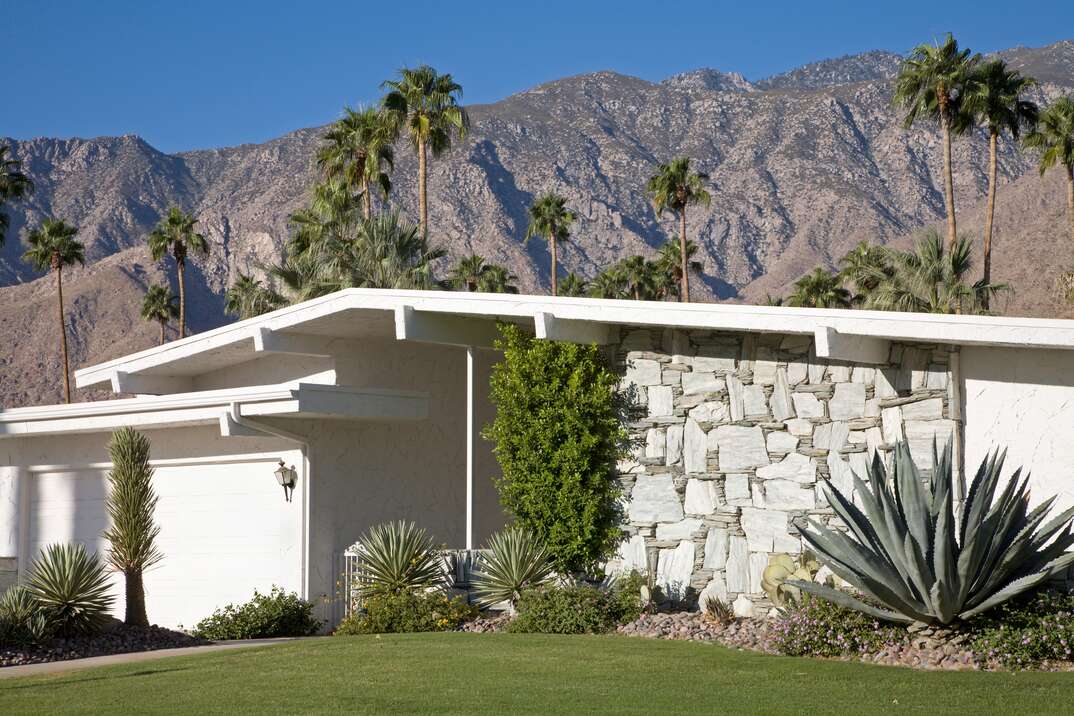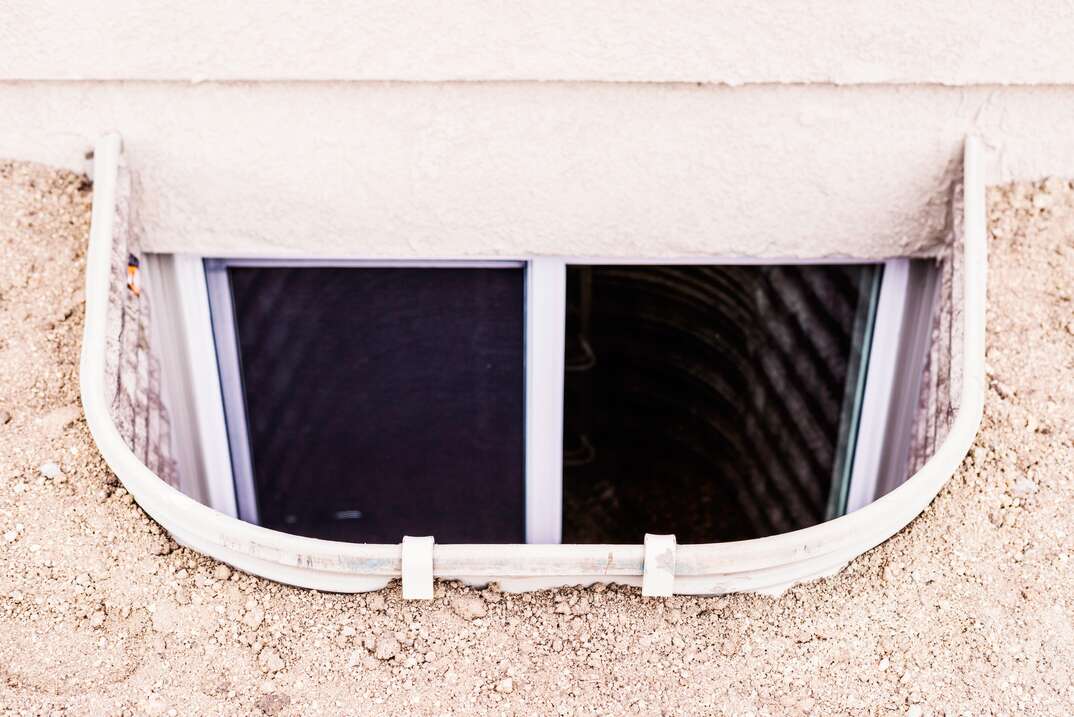How Does a Solar Pool Heater Work and How Much Does It Cost?

Installing a solar pool heater is a great way to save some money on heating costs while keeping your pool water at the perfect temperature for a swim, no matter the season.
This May Also Interest You: How Much Does a Pool Heater Cost?
While initial solar pool heater costs can be fairly pricey, the costs associated with running the system are competitive, so you may end up actually saving money in the long run.
On top of the lower cost of heating the pool water, solar systems may also last longer than electric or traditional gas pool heating systems and are a great example of practical and efficient solar energy use. Intrigued? Read on to find out how they work, the pros and cons and just how much they cost to install.
How Do Solar Pool Heaters Work?
Using either ground-mounted or special rooftop solar mats that are plumbed into your pool's existing system, solar pool heaters use energy captured from the sun to heat water.
The pool water is pumped out of the pool via a filter into a solar thermal collector. It is then heated up over time by solar energy before being returned to the pool. The system requires both a flow control and check valve as well as a sensor to keep the water temperature in check. Thanks to this, most systems can automatically detect water temperature, transferring water to the solar collector as necessary. The flow control valve diverts the water back into the pool once it has reached the desired temperature.
A versatile system, the heater can be used with and alongside gas and electric heaters and vary in size depending on the pool use and climate. For those who use their pool year-round or live in cooler climates, the solar collector may need to be bigger compared to collectors for pools in hot areas.
How Much Does a Solar Pool Heater Cost?
Prices vary, but according to HomeGuide, solar pool heaters cost between $2,000 (CAD 2,700) and $5,000 (CAD 6,800) for the unit itself. Add another $500 to $1,500 (CAD 680 to CAD 2,000) in labor costs for installation. Although they come with a higher upfront cost compared to other pool heaters, remember that this is the most cost-effective pool heating system, resulting in potentially substantial energy cost savings in the future.
How Warm Does a Solar-Heated Pool Get?
Florida Solar Design Group says solar swimming pool heaters tend to increase unheated pool temperature by 8 to 12 degrees Fahrenheit (depending on the weather), reaching somewhere between 78 and 85 degrees Fahrenheit with minimal effort, even on somewhat cool days. Solar panel heaters are rarely used in the summer months as water temperatures can usually reach into the upper 80 degrees Fahrenheit on their own.
Can You Add Solar Heating to an Existing Pool?
Versatile and easy to work with, solar pool heaters are compatible with various new and existing pool types and sizes and can be used for both in-ground and above-ground pools.
More Related Articles:
- What’s It Like to Go Solar? 5 Things They Don’t Tell You in the Brochure
- How Much Does It Cost to Install Solar Panels?
- Here’s How to Close Your Swimming Pool For the Season
- Putting in a Pool? Here’s Everything You Need to Know
- Play It Safe With Anti-Vortex Pool Drain Covers: Here’s How to Install One
Are Solar Pool Heaters Worth It?
There are several benefits to installing solar swimming pool heaters — the obvious one being that they are an eco-friendly and sustainable way to heat a pool. As energy is taken from the sun's rays, solar power doesn't require the use of various limited natural resources such as fossil fuels or produce any harmful emissions, making it one of the purest and cleanest forms of energy around. This results in a drastic decrease in both energy bills and your carbon footprint, creating a 2-for-1 benefit.
They can also extend the swim season and use of your pool by a few extra months, keeping your pool water heated at a comfortable temperature long before and after summer.
Once installed, solar pool heating systems also require little maintenance. With nothing to corrode and no fans or motors to break, repair costs are kept low. Solar pool heaters are robust and efficient systems, and the materials used are weatherproof and durable, so they can last anywhere from 15 to 20 years. The installation process itself is also swift and can be done in a matter of hours in many cases, so you won't have to wait weeks on end to get back into the pool.
Last but not least, solar pool heater panels allow you to enjoy your pool in peace and are some of the quietest heaters currently available.
Are There Any Cons?
Aside from the initial installation cost, the biggest downside you will face is not being able to regulate your water to the exact temperature you want, as solar-powered pool heaters do not always have a thermostat. This means that you are dependent on what the sun gives you, with temperatures slightly dropping on cloudier days and during the night, so if you are after consistent water temperatures year-round, a solar-powered swimming pool heater probably isn't for you.
Some Other Things to Keep in Mind
While they do work in cooler climates, the efficiency of a solar pool heater really does depend on how much of the sun's rays reach your site and whether or not you have a good solar resource in the first place. Even if you live in a year-round hot and sunny climate, if the heater is placed in a shady area that doesn't get a lot of light, it might not be an effective alternative for you. Those with south-facing homes tend to make the best candidates, but you can always have an installer come out to perform an analysis if you’re unsure.
All CAD conversions are based on the exchange rate on the date of publication.

.jpg)
